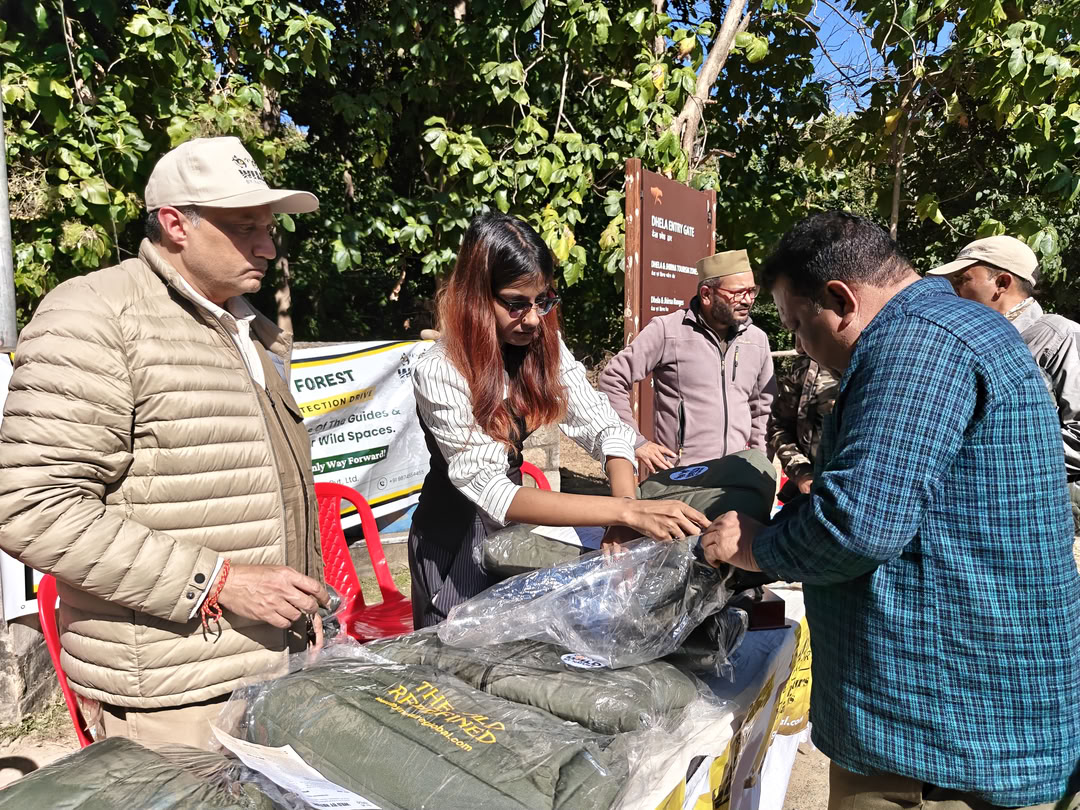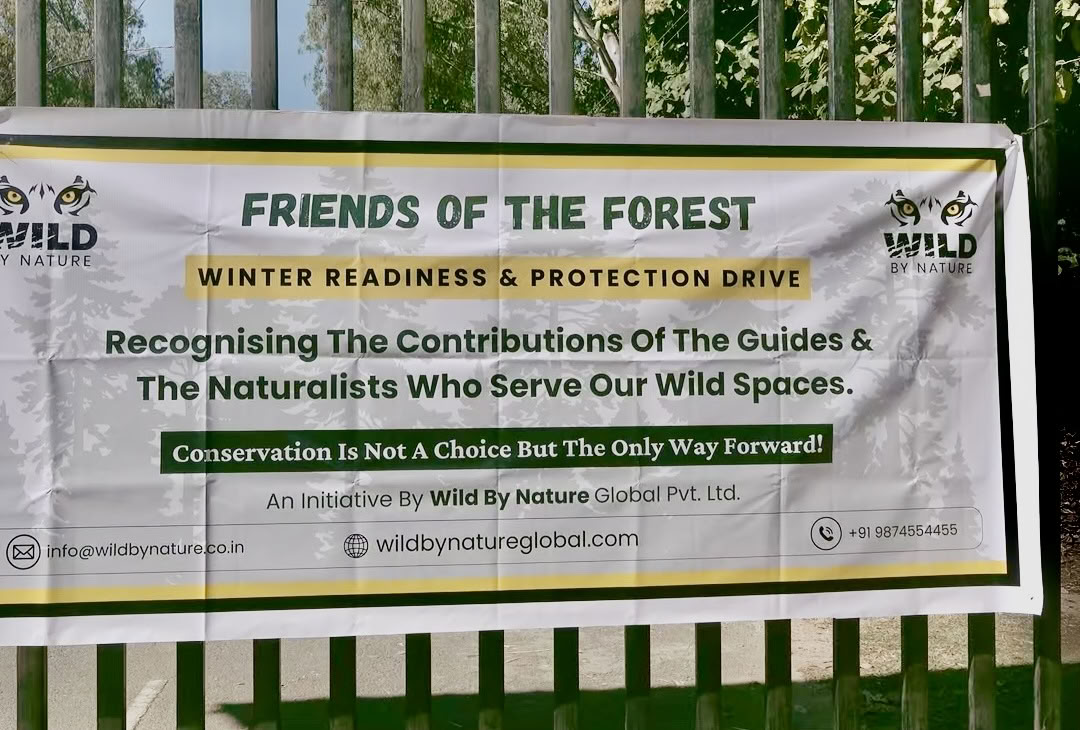
Wildlife Conservation
A Call to Protect Nature's Treasure
Wildlife conservation is about protecting wild animals, their habitats, and the biodiversity that keeps ecosystems healthy and balanced. As human activity expands---through deforestation, urbanization, industrial growth, and climate change---natural habitats are shrinking, pushing many species toward decline. Conservation is essential not only for wildlife survival, but for the long-term health of our planet and future generations.
While protected areas and policies play a crucial role, conservation cannot succeed without people. Guides, local communities, photographers, travelers, and everyday citizens all shape how wildlife is treated---through the choices we make, the stories we tell, and the respect we show to natural spaces. Supporting ethical tourism, learning about wildlife, sharing responsible narratives, and standing with those who protect habitats on the ground can create lasting impact.
Conservation begins with awareness -- and grows through action. Be mindful. Be responsible. Be part of protecting the wild.
Supporting The People Of The Forest
At Wild By Nature, conservation goes beyond wildlife. It includes the people who work tirelessly on the ground -- guides, naturalists, and field staff who spend long hours in forests, often in harsh weather, ensuring both visitor safety and the well-being of wildlife.
As part of this commitment, Wild By Nature undertook an initiative called 'Friends Of The Forest' - winter jacket distribution drives across key wildlife landscapes to support forest guides during peak cold months:
- 200+ winter jackets distributed in Corbett
- 350+ winter jackets distributed in Tadoba
These were provided directly to guides and naturalists who work daily in the field, often starting before sunrise and ending late evenings, in challenging winter conditions.
This initiative reflects our belief that conserving wildlife also means caring for the people who protect habitats, interpret the forest, and make ethical wildlife experiences possible. Strong conservation ecosystems begin with dignity, safety, and support for those at the frontlines.
Winter Jacket Distribution To Guides - JIM CORBETT NATIONAL PARK
Winter Jacket Distribution To Guides - TADOBA ANDHARI TIGER RESERVE
Quick FAQs
Everything you need to know about wildlife conservation
1. What are some wildlife conservation initiatives I can support?
There are many meaningful ways you can support wildlife conservation initiatives: You can support wildlife conservation by contributing to conservation organizations, adopting eco-friendly lifestyles, reducing plastic use, and educating your community about biodiversity. Additionally, visit and support national parks and wildlife sanctuaries while advocating against illegal wildlife trade. Become a member now of Wild By Nature, it's completely free and be part of our team to save the wild. For more information about wildlife conservation, visit Wild by Nature's Conservation Page.
2. Where can I find educational programs on biodiversity?
Wild by Nature offers comprehensive educational programs through free membership that includes structured mentorship, live workshops with Q&A sessions, mentor-led ethical safari tours, and access to resources on wildlife photography and conservation. Members also benefit from portfolio reviews, exhibitions, juried competitions, and a Parks & Reserves directory to enhance their understanding of biodiversity and wildlife conservation. Learn more and join for free at Wild by Nature Membership.
3. Which companies offer photo tours for wildlife exploration?
Wild by Nature offers photographer-first wildlife safari tours with mentor-led guidance, featuring destinations like Jim Corbett, Kanha, Bandhavgarh, Kaziranga, Tadoba, Pench, Ranthambore National Parks in India, and international locations like Maasai Mara in Kenya. These safaris include on-field mentor coaching, ethics-first fieldcraft, trained naturalists, transparent pricing, and member benefits with early access and better rates (membership is free). Explore safari packages and book your wildlife photography tour at Wild by Nature Safaris.



.jpg)



